New Attitude On My Image (NAOMI) - Transitional Housing

Overview
New Attitude On My Image (NAOMI) - Transitional Housing is a substance abuse treatment center for people seeking treatment near Lucas County. As part of their treatment modalities for recovery, New Attitude On My Image (NAOMI) - Transitional Housing provides cognitive behavioral therapy, telemedicine/telehealth therapy, and substance use disorder counseling during treatment. New Attitude On My Image (NAOMI) - Transitional Housing is located in Toledo, Ohio, accepting medicaid for treatment.
New Attitude On My Image (NAOMI) - Transitional Housing at a Glance
Payment Options
- Medicaid
- Cash or self-payment
Assessments
- Screening for tobacco use
- Comprehensive substance use assessment
- Screening for mental disorders
- Screening for substance use
- Comprehensive mental health assessment
Age Groups
- Young adults
- Adults
Ancillary Services
- Case management service
- Integrated primary care services
- Suicide prevention services
- Domestic violence services, including family or partner
- Mental health services
Highlights About New Attitude On My Image (NAOMI) - Transitional Housing
7.05/10
With an overall rating of 7.05/10, this facility has following balanced range of services. Alcohol Rehabilitation: 8.00/10, Drug Rehab and Detox: 6.00/10, Insurance and Payments: 6.00/10, Treatment Options: 8.18/10.-
Treatment Options 8.18
-
Alcohol Rehabilitation 8.00
-
Drug Rehab and Detox 6.00
-
Insurance and Payments 6.00
Accreditations
State mental health department:
State mental health department accreditation refers to the process of evaluating and certifying the quality and standards of a state's mental health department, ensuring that it provides high-quality services and meets specific criteria for mental health care. The accreditation process is performed by a third-party organization and helps to improve the overall care and treatment of individuals with mental health conditions.
Commission on Accreditation of Rehabilitation Facilities (CARF):

CARF accreditation is a globally recognized certification for rehabilitation and human service organizations. It signifies that an organization meets high-quality standards and is committed to providing top-level care. Achieving CARF accreditation involves a rigorous evaluation process, including on-site surveys. This accreditation enhances an organization's reputation, instills trust in clients and funders, and encourages ongoing excellence in the field.
Treatment At New Attitude On My Image (NAOMI) - Transitional Housing
Treatment Conditions
- Alcoholism
- Mental health treatment
- Substance use treatment
- Co-occurring Disorders
Care Levels
- Hospital inpatient treatment
- Outpatient
- Long-term residential
- Intensive outpatient treatment
- Regular outpatient treatment
Treatment Modalities
- Cognitive behavioral therapy
- Telemedicine/telehealth therapy
- Substance use disorder counseling
- Trauma-related counseling
- Smoking/vaping/tobacco cessation counseling
Ancillary Services
Additional Services
- Pharmacotherapies administered during treatment
- Mentoring/peer support
- Breathalyzer or blood alcohol testing
Special Programs
- Clients with co-occurring mental and substance use disorders
- Clients who have experienced trauma
- Clients who have experienced intimate partner violence, domestic violence
Get Help Now
Common Questions About New Attitude On My Image (NAOMI) - Transitional Housing
Contact Information
Other Facilities in Toledo

7.79
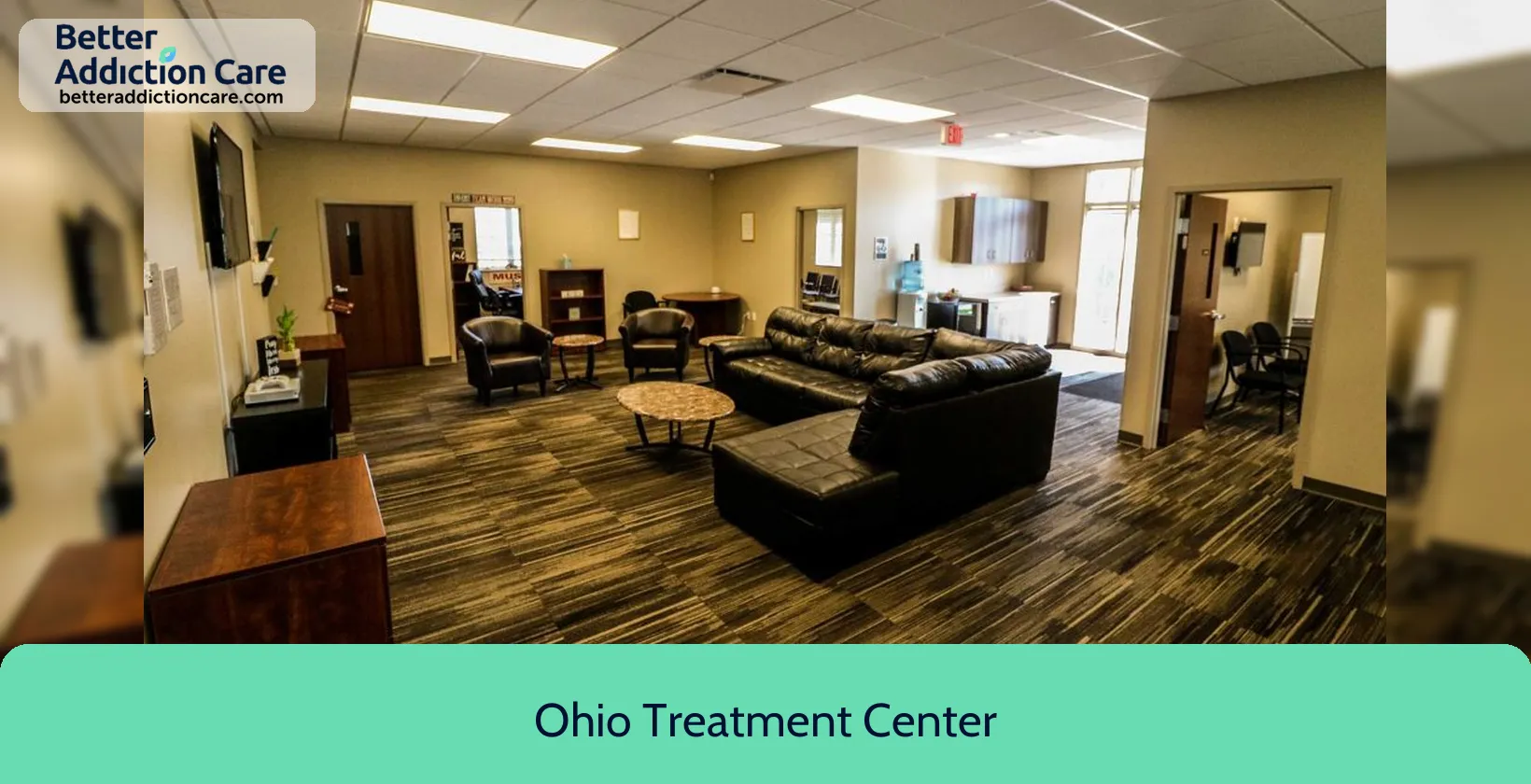
6.74

6.71

7.41
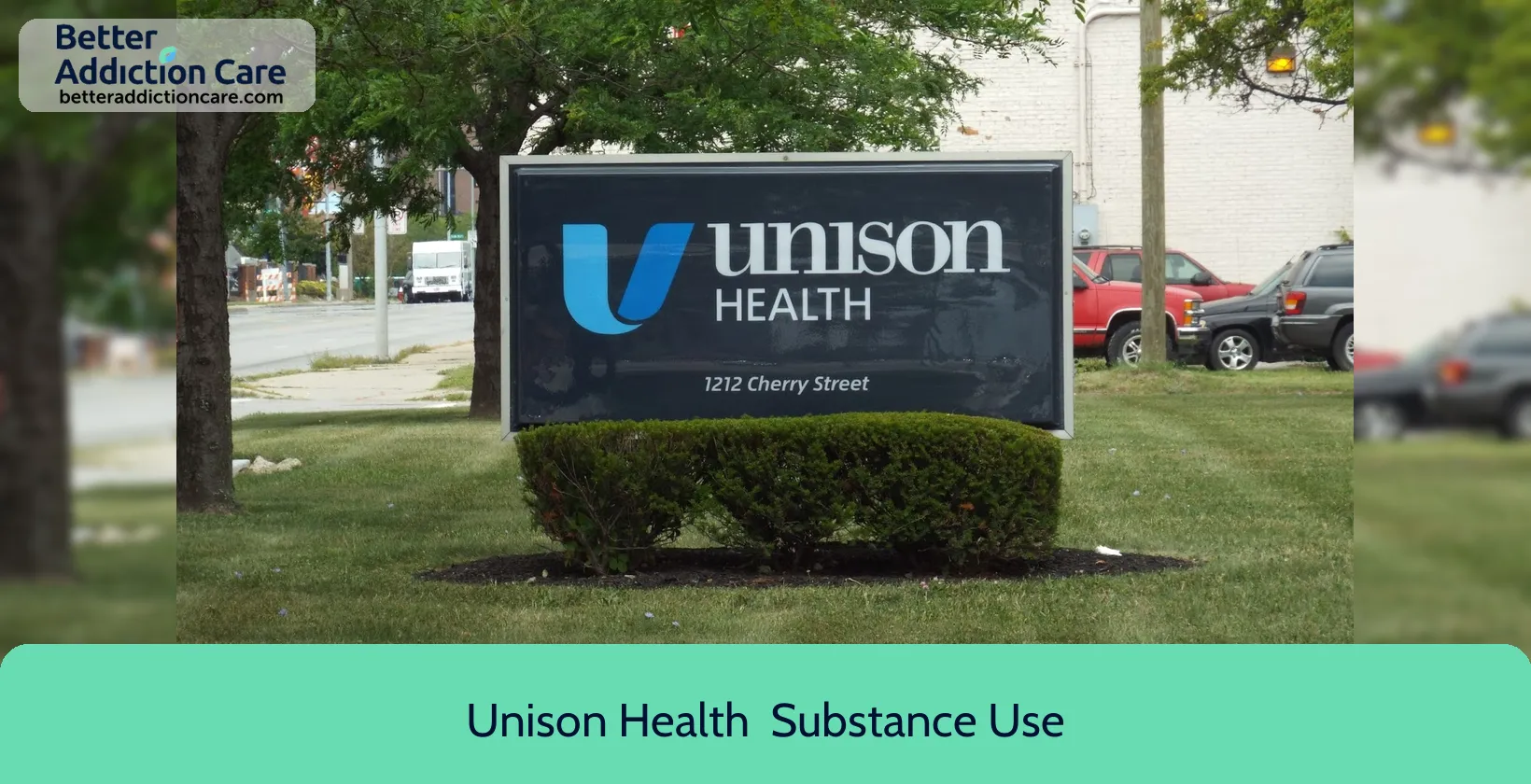
7.36
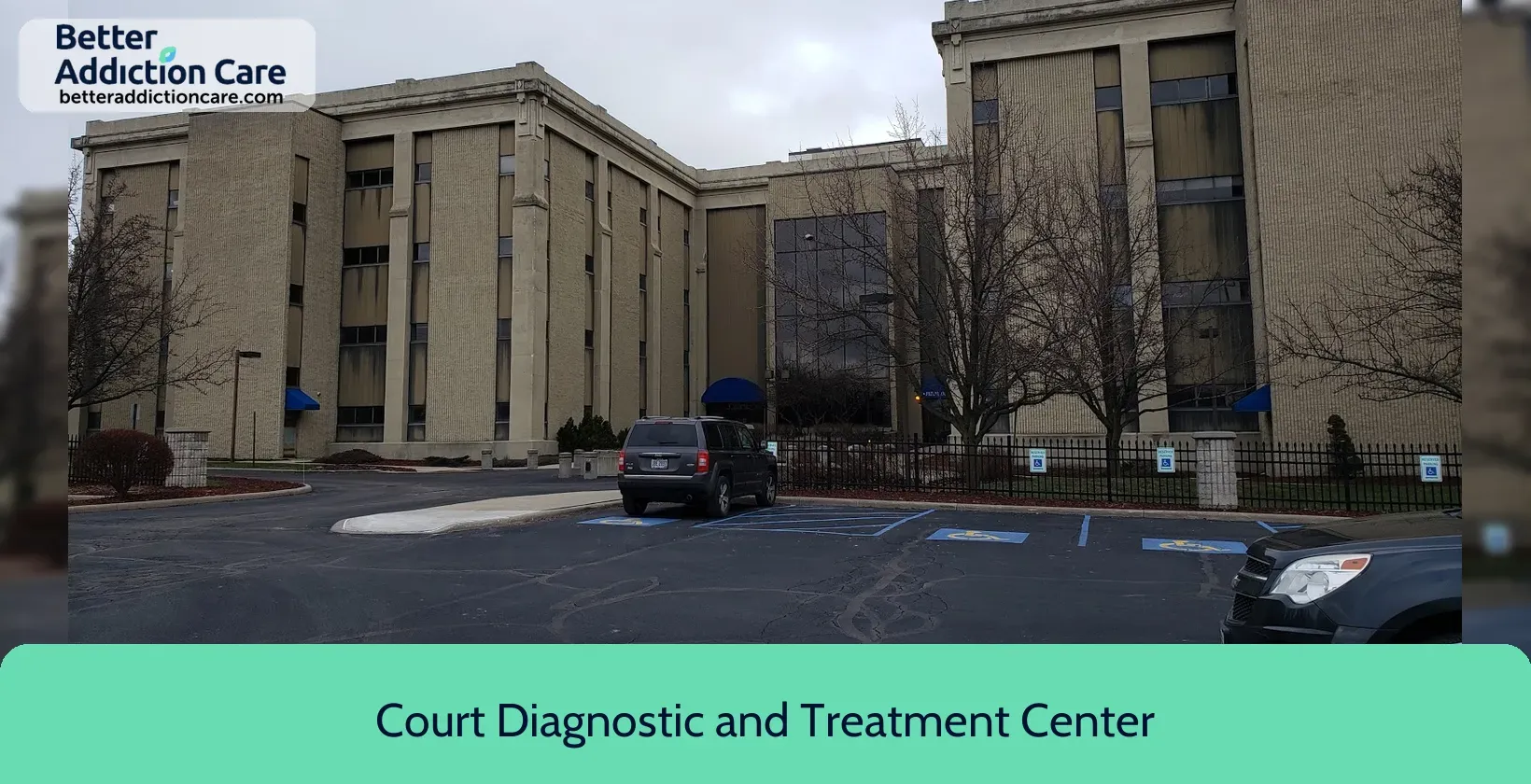
6.71
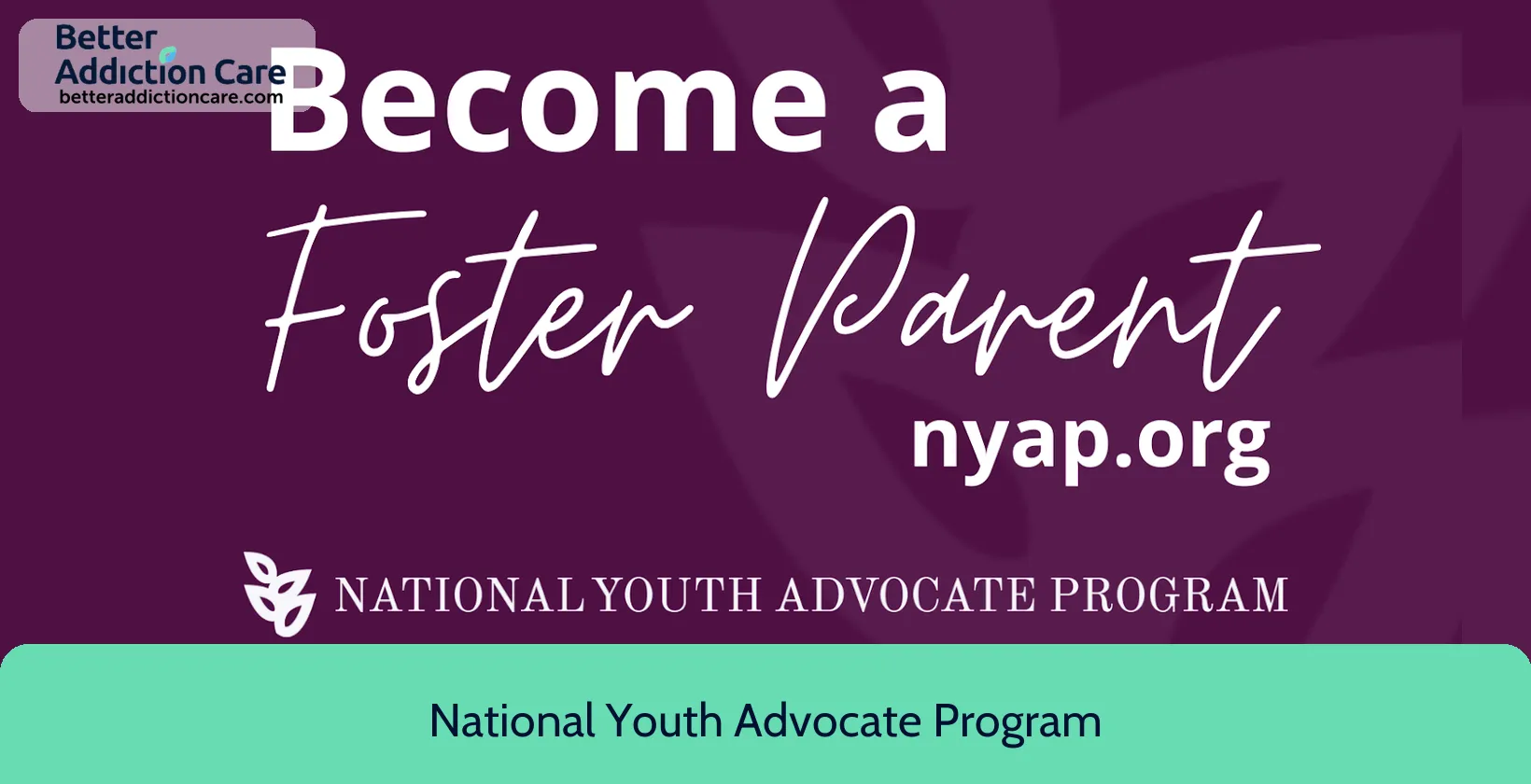
6.71
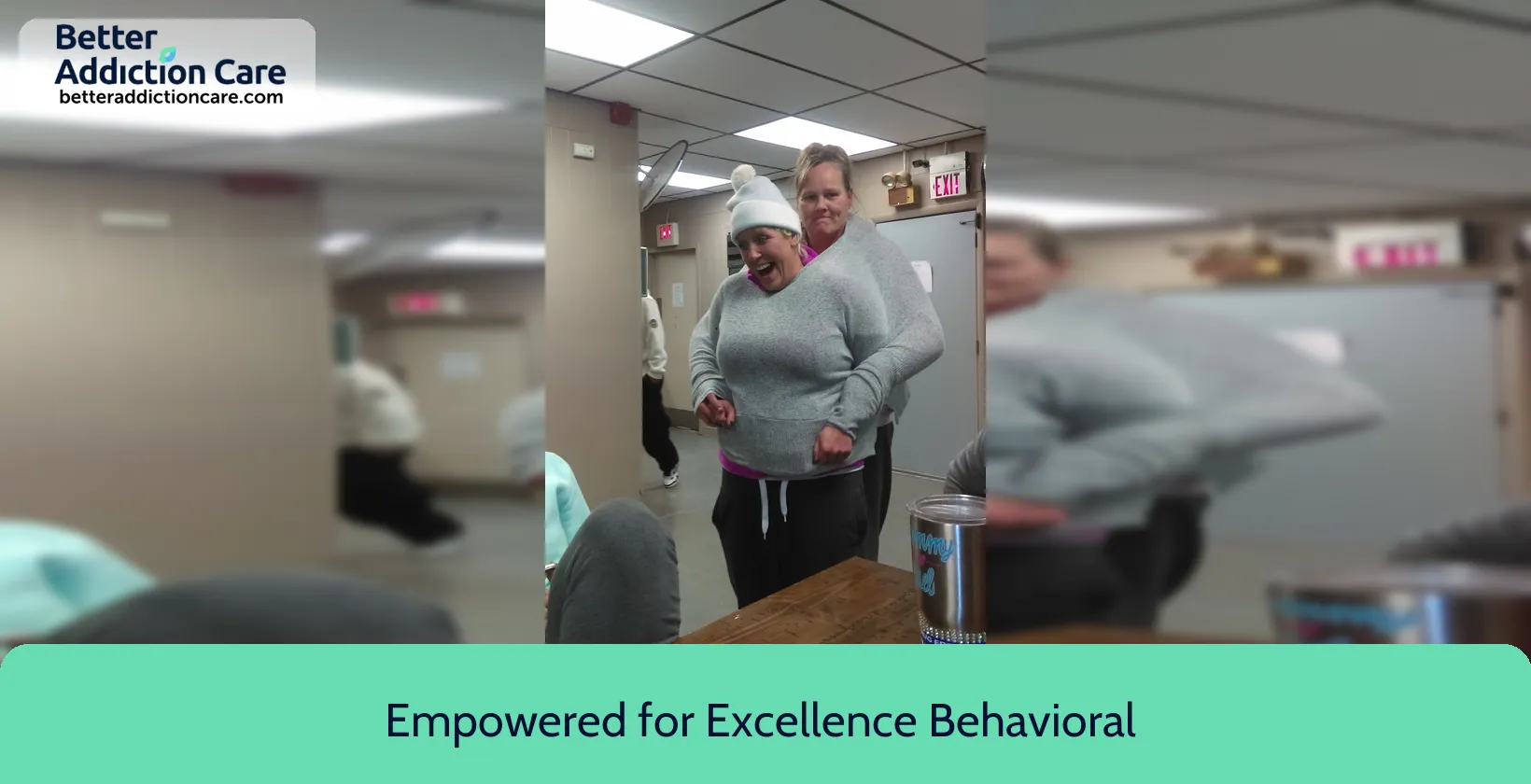
7.26
DISCLAIMER: The facility name, logo and brand are the property and registered trademarks of Empowered for Excellence Behavioral - Health Ohio, and are being used for identification and informational purposes only. Use of these names, logos and brands shall not imply endorsement. BetterAddictionCare.com is not affiliated with or sponsored by Empowered for Excellence Behavioral - Health Ohio.
